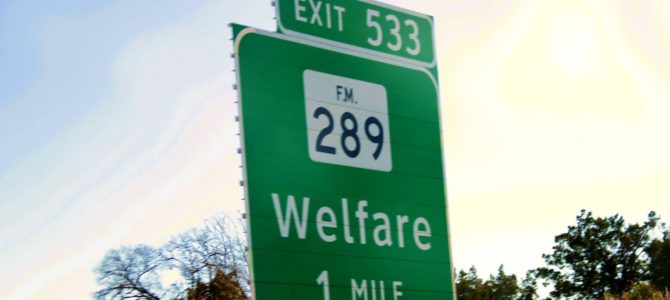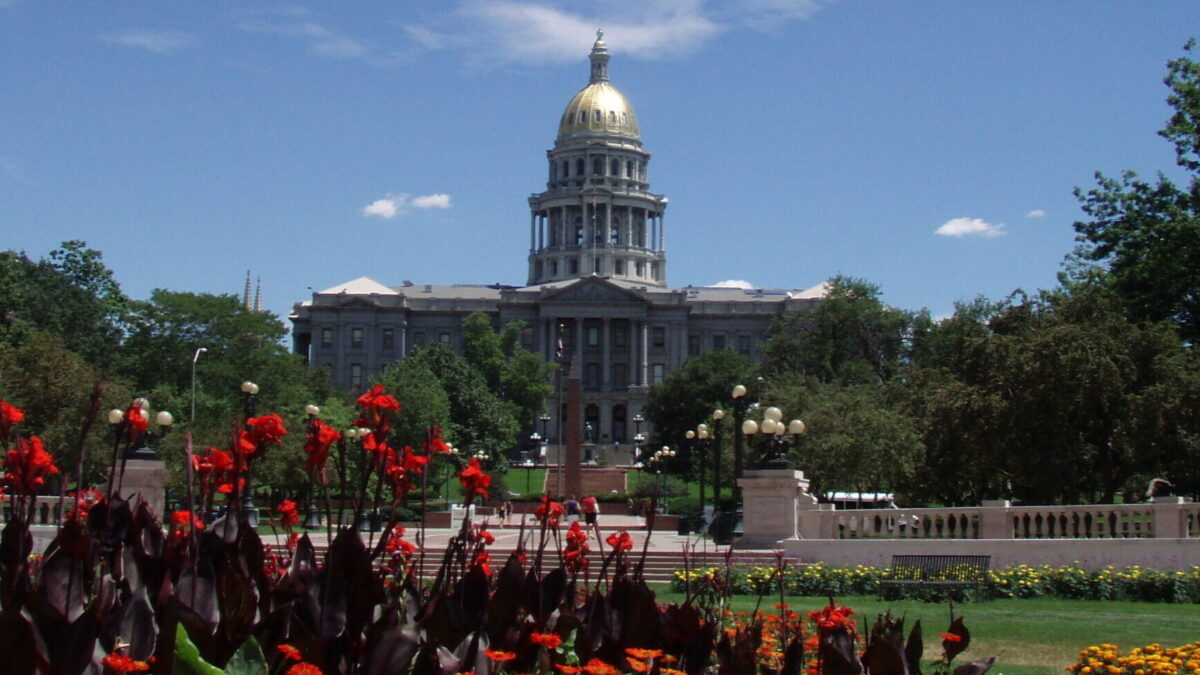
Even before President Biden’s new $1.9 trillion COVID “stimulus” package goes into effect, multiple news stories make clear the flaws in its approach. Washington’s welfare-industrial complex, which the “stimulus” will bloat even further, both discourages work and leads people to expect that government will solve the problems government has created.
The coronavirus pandemic caused very real economic hardship for millions of American families. But many of the well-meaning efforts to address those hardships—along with welfare expansions Democrats proposed long before COVID hit our shores—will only harm our nation, and the people the left seeks to help, by stifling our economic dynamism and saddling future generations with mountains of debt.
Tax Bills for People Not Working
Last week, the Washington Post profiled individuals who lost their jobs, yet faced thousands of dollars in unanticipated tax bills. The article featured several sympathetic households, including one special-education teacher who lost his grandmother to COVID last summer, who feared they would have to pay back excess Obamacare subsidies they received last year.
But look closer, and a different picture emerges. The individuals estimated their income for 2020, which determined their eligibility for Obamacare subsidies, in the fall of 2019, before the pandemic. In many cases, that income rose, not fell, not despite layoffs and furloughs but because of them:
[They] estimated their earnings for 2020 and ended up being way off, largely because of the extra $600 a week that Congress gave unemployed people from April through July. Workers like preschool teachers, teacher’s aides, waiters, and the self-employed often ended up making more on unemployment last spring than at their regular jobs. Now they owe the government money to repay some of their health subsidy. [Emphasis mine.]
The article quoted Larry Levitt of the liberal Kaiser Family Foundation: “It would certainly be helpful if [people] didn’t have to pay back subsidies because they misstated their income.” In other words, government created a problem, by paying people more to stay home than to remain in work. The left’s “solution:” More government—in the form of subsidy forgiveness provisions located in Section 9662 of Democrats’ “stimulus” bill.
Eligibility for Welfare
Politico recently featured a similar story about disincentives to work, focused on New York City Mayor Michael Bloomberg’s 2020 presidential campaign. When Bloomberg’s former campaign staffers received tax forms for 2020—which included as income housing benefits the campaign provided to them—many staffers erupted in protest:
The bloated gross incomes they have to declare in their taxes will cause them to lose out on a long list of government programs and benefits—from Obamacare subsidies to possible student loan debt forgiveness to the $1,400 checks President Joe Biden is proposing as the centerpiece of his coronavirus rescue package.
Doubtless Bloomberg’s failed campaign, like most other political campaigns, featured a large share of young individuals just out of college, who may not have understood the tax implications of receiving subsidized housing. The staffers also faced a difficult combination of circumstances last spring: Bloomberg’s campaign ended just as COVID hit, with lockdowns effectively freezing the job market, and the campaign allegedly reneged on promises it made to staffers to retain their services, and maintain their pay, through last November’s election.
But on the other hand, the staff in question received generous benefits—what some might view as a private-sector welfare state funded by the Bloomberg campaign. For such individuals to come back and expect to receive taxpayer-funded benefits in the same year looks like double-dipping. (If the former staffers’ income remains low in 2021, they could still qualify for things like the “stimulus” checks—but might have to wait to claim them on their 2021 tax returns filed next spring.)
Entitlement Culture
Both stories demonstrate the insidious effects of an ever-expanding welfare state, one in which individuals believe they have an entitlement to “free” payments and services provided by others. The Post’s article both demonstrates and validates the public’s implicit bias: Despite serving as an economics reporter, Heather Long did not address the implications of paying people more to remain on unemployment than they make while working, the windfall savings individuals received in these cases, or why such individuals could not use a portion of those windfalls to repay any excess Obamacare subsidies they received.
But as the saying goes, there’s no such thing as a free lunch. Sooner or later, all of us will start paying the costs of this bloated welfare state—a burden that our nation will bear for many generations to come.









